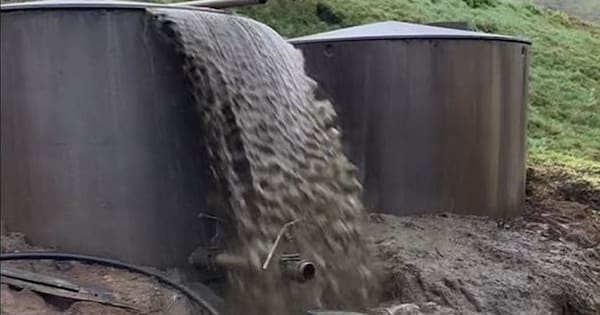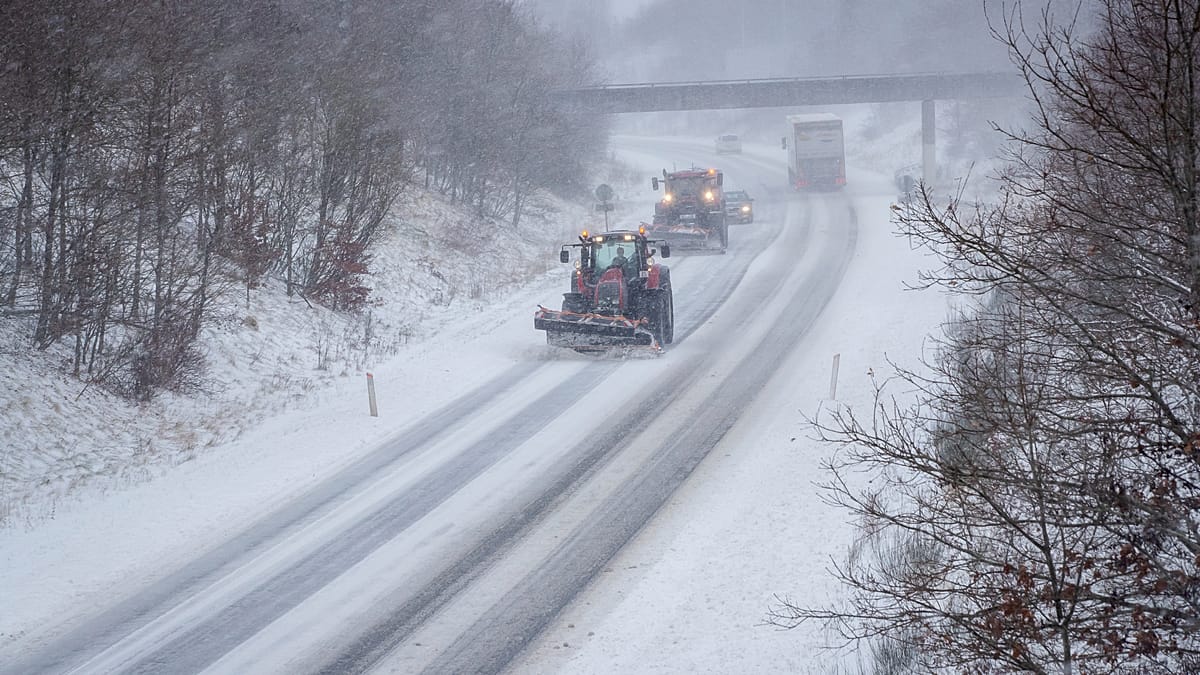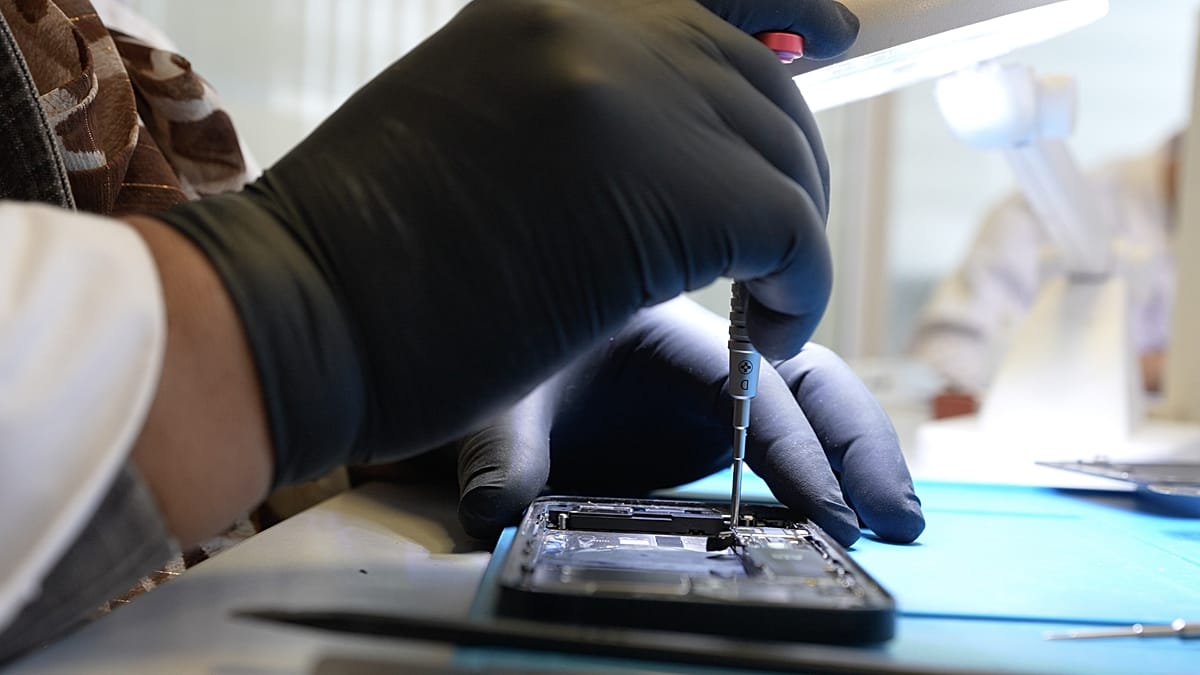
A pig farm in Waikato has been hit with the largest fine in the 34-year history of the Resource Management Act after repeatedly discharging raw effluent into streams feeding the Waihou River.
Rawhiti Environmental Park was fined $437,000 in the Hamilton District Court last week after being convicted on eight charges.
The penalty followed months of persistent non-compliance, with Waikato Regional Council officers conducting 50 inspections of the farm between February and October 2023.
During more than half of those visits, untreated effluent was found spilling from the farm’s infrastructure onto surrounding land and into the headwaters of the Patuwhao and Hotahika streams.
The contamination caused significant harm to local waterways, with a council ecologist reporting that the affected streams supported diverse fish and macroinvertebrate species, including at-risk populations, and likely suffered serious impacts from the toxic discharge.
In August 2023, the council took the rare step of seeking an Interim Enforcement Order from the Environment Court, forcing the piggery to immediately stop discharges and reduce stock numbers to lower effluent volumes.
But another major overflow occurred just three days after the order was granted, prompting further health warnings to water users.
Regional compliance manager Patrick Lynch described the offending as “appalling”.
“We simply have not had a case this bad before. The scale and frequency of these discharges, the repeated failure by the piggery owner to comply with resource consent and environmental regulation over so many months. It was terrible,” he said.

“There was an extreme impact on the environment and community, which has been reflected in the unprecedented level of fine imposed by the court.”
Alongside the penalty, the court also issued an Enforcement Order prohibiting any future unlawful discharges and requiring the company to address ongoing environmental risks.
Waikato Regional Council said that management at the piggery had since improved and effluent systems were now operating more responsibly, though some odour complaints continued.
The morning’s headlines in 90 seconds, including a dramatic late night rescue in a posh Auckland suburb, the White House says Elon Musk’s pet project doesn’t exist, and what Britain’s PM thinks former prince Andrew should do now. (Source: Breakfast)
Rawhiti Environmental Park responds
In a statement, Rawhiti Environmental Park Ltd apologised for the effluent issues, saying it accepted the Court’s decision.
“The issues began after the departure of a lease-holder who left the effluent system and infrastructure in very poor condition. When Rawhiti resumed control and discovered the system was severely compromised, we moved quickly to put a long-term solution in place.”
A spokesperson for the piggery said it made the decision to keep the farm operating, and “invested more than $1 million in a state-of-the-art effluent system”.
“Cyclone Gabrielle and the record rainfall through much of 2023 significantly delayed earthworks, which meant the new system couldn’t be commissioned until December 2023. Several contingency options also fell through for reasons outside our control,” it said.
“The new system is now performing to a high standard. We’re also continuing to lift our environmental performance. We have planted more than 2,000 native plants along waterways to enhance biodiversity and protect water quality.”
Rawhiti EPL thanked local iwi for their support over the past two years.
Norm Hill, trustee of Ngāti Tumutumu Iwi Trust, said the trust has been actively addressing environmental matters within the Rawhiti Environmental Park catchment.
“Rawhiti Environmental Park has worked in partnership with Ngāti Tumutumu to build a sustainable, respectful and forward-looking enterprise.
“Ngāti Tumutumu Trust strongly supports Rawhiti Environmental Park and Thomas Nabbs. The approach combines sound business practice with deep cultural respect, aiming for positive environmental, social and economic outcomes.”














